CALGARY, Alberta — Canadian Pacific is bracing for the possibility that crude by rail volumes could drop to zero amid a crash in global oil prices.
CP hauled a record 36,000-plus carloads of crude in the first quarter, Chief Marketing Officer John Brooks said on the railway’s earnings call on Tuesday afternoon.
But the economic slowdown related to the COVID-19 pandemic and the oil production dispute between Saudi Arabia and Russia have caused oil prices to plunge. Oil futures dropped below an unprecedented $0 a barrel on Monday and production has not fallen as quickly as demand, creating a lack of available storage space.
As a result, CP projects a steep decline in crude oil carloads. “It’s not inconceivable, given the volatility we’re seeing, that could move to zero,” Brooks says.
“It’s hard to tell what that goes to,” Brooks says, noting that volumes have been falling rapidly in recent weeks and the railway is projecting at least a double-digit decline in crude loads in the second quarter.
If things don’t improve, CP’s total oil volume for the year might stand at just 40,000 to 50,000 carloads, Brooks says.
The oil crash also will affect demand for frac sand and put pressure on ethanol shipments, Brooks says.
While crude by rail shipments account for about 6% of CP’s revenue, the railway has long-term contracts with producers that include minimum volume commitments. And that means the penalty payments will cushion the blow of volume declines.
CP serves the Canadian oil patch in Alberta, as well as the Bakken formation in North Dakota, and interchanges unit trains with all five of the U.S. Class I railroads for shipment to U.S. refineries.





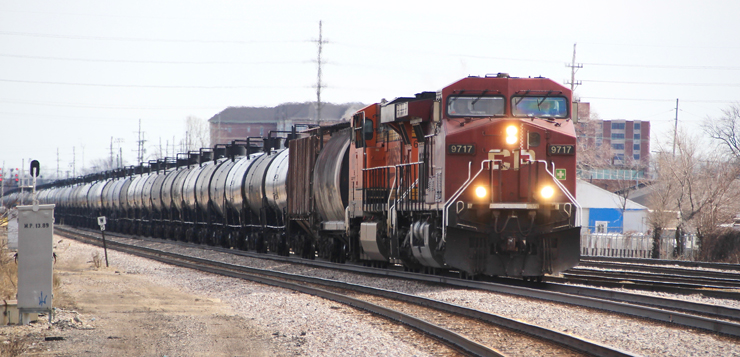


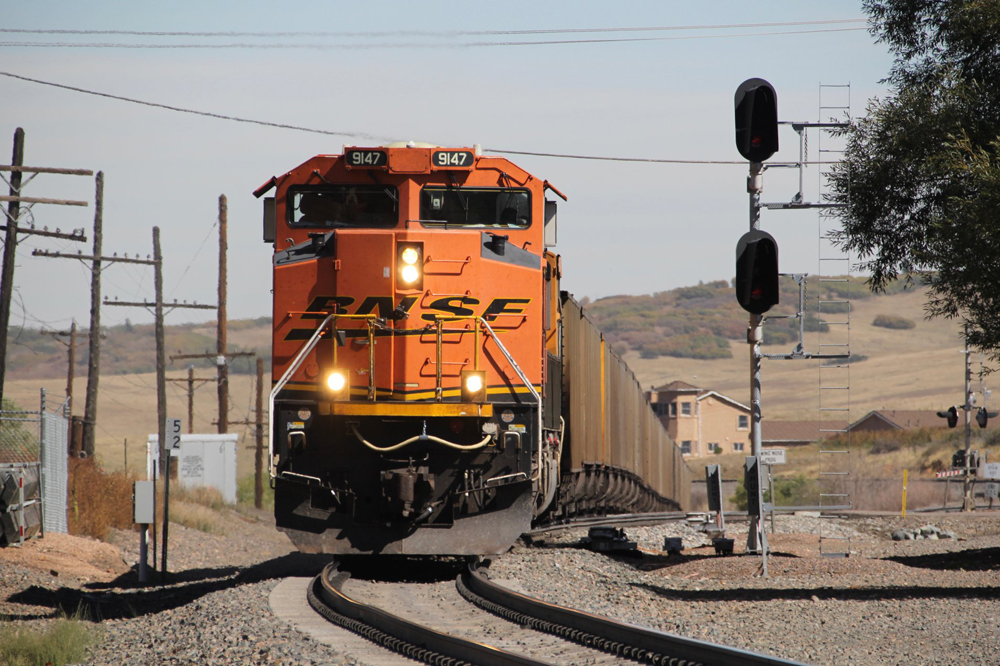
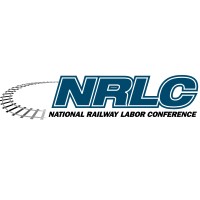
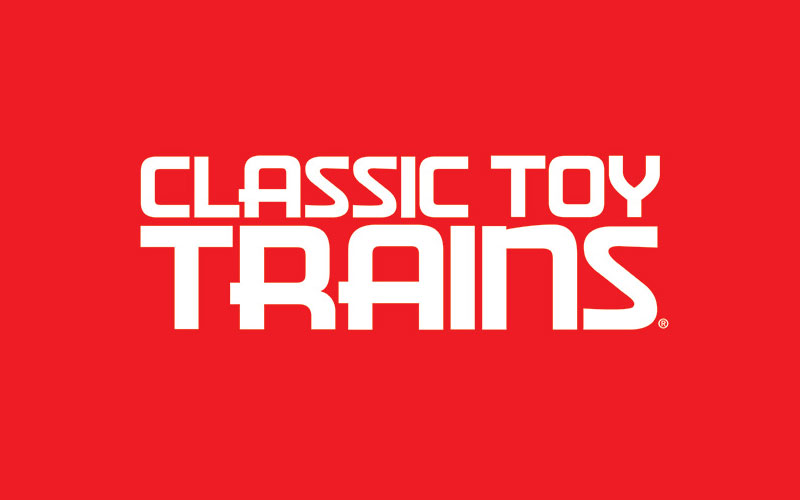
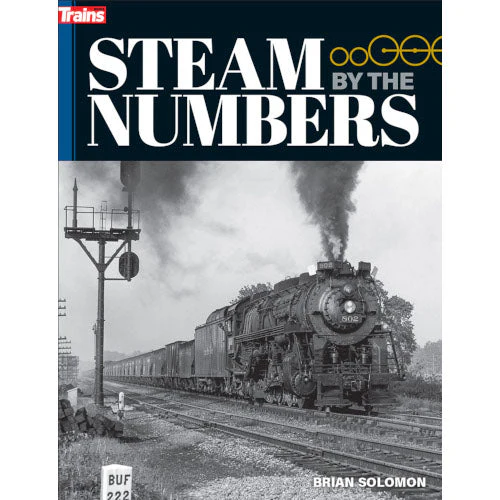

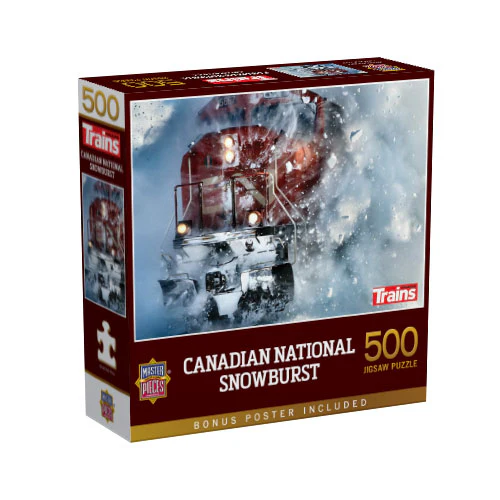
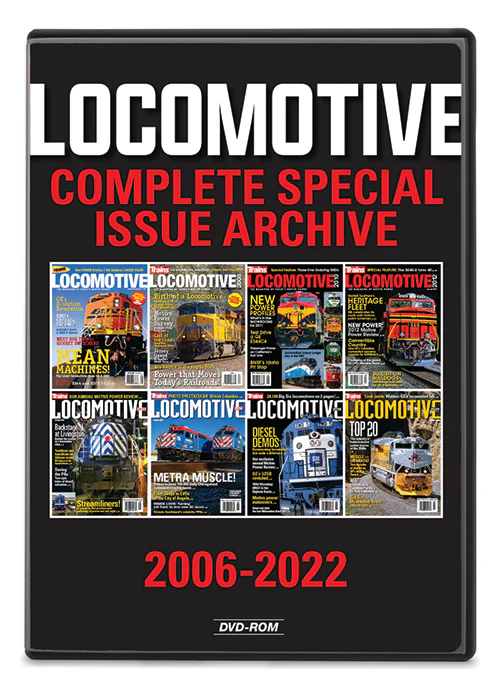
Remember when the greenies warned us 20 years ago that we had passed “peak oil”? Ha!
Is closed PA refinery storing oil?
Railcars are meant for transport, not long-term storage. Combine that fact with the security concern of thousands of gallons of crude oil being stored in non-secure locations and you add to the burden of first responders everywhere. One of the reasons you store crude in tanker ships is simply because they are out in the middle of the ocean, away from criminals.
@Ian Narita: Using railcars for oil storage is unsafe. There is no rail yard (or very few designed) to safely hold oil for extended periods of time.
It’s not just rail the crash in oil is causing problems. Global oil tanker supply is starting to bust at the seams as producers hold the ships offshore to wait out an increase in prices. This is causing every tanker that can move to get filled to the brim.
Global oil is over producing by millions of barrels a day, something (or someone) has to flinch.
Has anyone thought about using all those idled railcars for oil storage?
CP- some of those take or pay contracts will be like getting blood from a turnip.